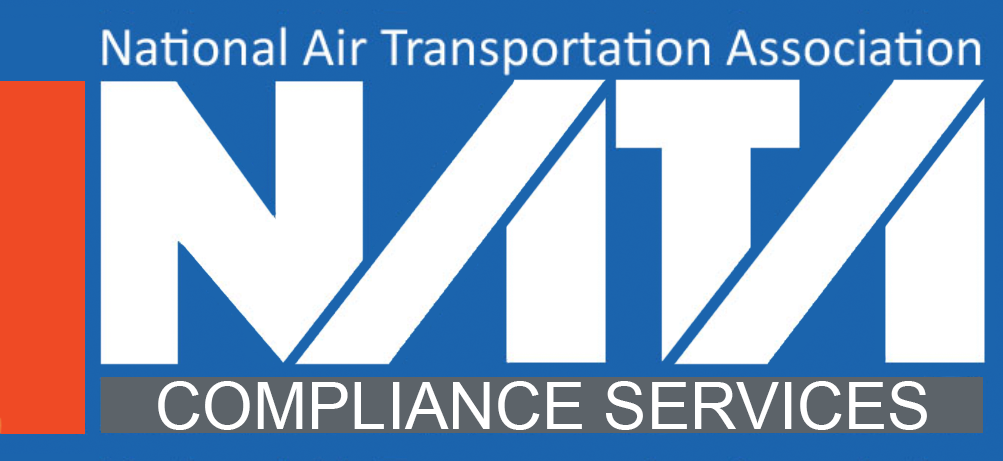"I have to say that using NATA is the the best decision I have made in starting and running our 135 Dept. Early on Emily and the entire group never got tired of my endless questions! *Not that they showed anyway;-). We use them for EVERYTHING, starting at PRIA, Drug Program, Records Storage, all the way thru Audit Prep and just answering all my questions. I seriously could not do this without them. Even when my rep Emily is busy, I can rely on Claudia, or Dan for immediate help. The service we receive is well worth what we pay and then some!!"
Shellie Foster
- Charter Director
Clemens Aviation LLC
I got a gold star from the TSA inspector who inspected our flight school last year, but that's because my company paid me ground time to research AFSP and make a new AFSP student checklist. Even so, I had one (of 3) AFSP applicants rejected initially due to some of the errors you talk about in the blog. I just wanted to shoot you an email and say thanks for making the effort to clarify the process for all of us. I get the impression that there are a lot of the CFIs out there in the small flight schools who haven't got a clue about the AFSP process. So go ahead and feel good about yourself for helping all us lost boys stay in business and out of the trouble.






